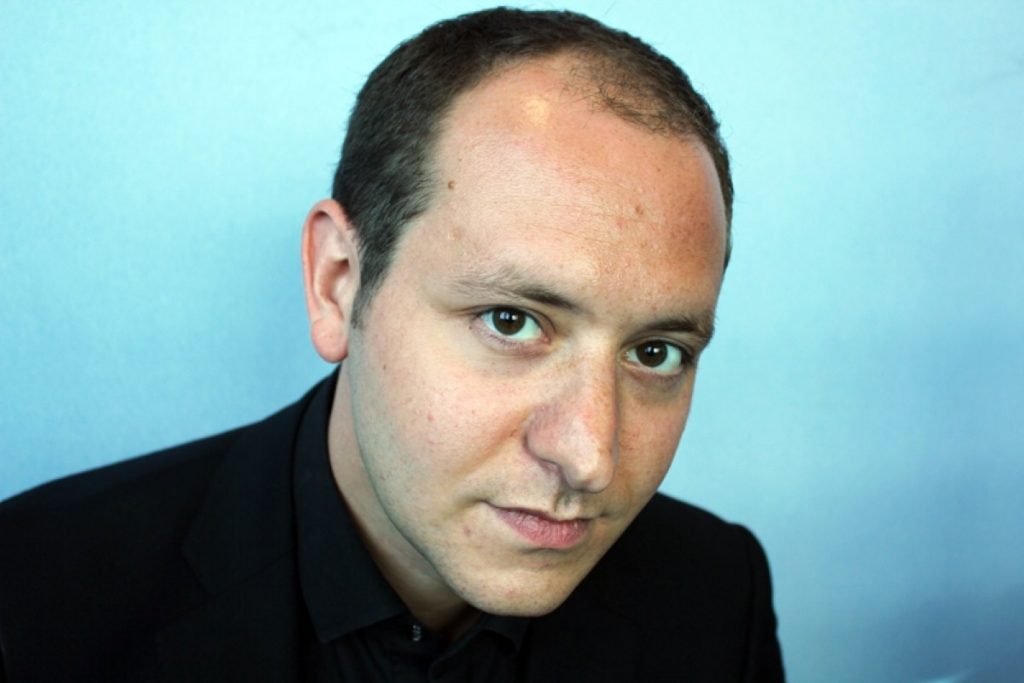Comment: Suarez and Evra are a microcosm of British multiculturalism
The most widespread and dangerous racism in British society takes place within immigrant groups.
By Ian Dunt Follow @IanDunt
Mainstream British culture – and by that I mean the white working and middle-classes – has taken roughly 50 years to deal with its racism. From Enoch Powell to Stephen Lawrence, it has taken a deep look inside itself and come to some respectable conclusions. It hasn't all been plain sailing – and we're not done yet – but in general outright racism has been hammered down to a minimal level. For this, we must thank media interest, the social pariah status of racists and a curiously egalitarian element to the British personality.
Similar forces do not always act in immigrant communities. Within and between immigrant groups, racism is a day-to-day event. Luis Suarez's use of the word 'negro' was, he said, an acceptable term in Latin American communities. There's some truth to that. It’s even used between lovers, in a manner which sounds odd to western ears. But in a combative situation, it is perfectly capable of being an offensive racist term.


In fact, the use of the term 'negrito' to describe blacks has a derogatory element to it. The suffix '-ito' designates something small and cute. It is often added to children's names until they are grown up, for instance. At the heart of its use, which is extremely common in Latin communities, is a subtle but telling lack of respect for black people.
In Britain, the Afro-Caribbean community is often the subject of racism from other immigrants. Those from the Indian sub-continent are very often suspicious of Afro-Caribbeans. Indian or Pakistani fathers are rarely impressed when their daughters marry white Englishmen, but they are horrified if they become involved with black Englishmen. Similar views exist in Middle-Eastern and Chinese communities. The same rules, it hardly needs mentioning, rarely pertain to their sons.
Prejudice exists within racial groups as well . Plenty of higher caste Indians in the UK hold and enforce their prejudice against lower castes on a daily basis.
It’s not just racism. Otherwise liberal gay campaigners were horrified at the wave of Polish immigrants who arrived in the UK following EU expansion. These communities were extremely hostile to the gay community and there was a sense among many gay campaigners that they had been betrayed by the government.
One of the central difficulties of multi-culturalism is not the attitude of the dominant group to minorities, but of minorities to each other. It is rarely spoken about or addressed. It exists underneath the surface of the debate. For those of us who believe Britain has been immeasurably improved by immigration it is one of the great unsayables. We are so busy fighting tabloid anti-immigration campaigns we do not adopt a critical approach to inter-community relations beyond that of mainstream Britain.
That's our failure, but its repercussions are mercifully limited. The solution to inter-minority prejudice is not to tailor the solutions to each group, but to cement the links between communities in the nature of the majority culture.
Take the Equality Act, which made it illegal to discriminate in the provision of goods and services. Take the extraordinary media onslaught that greets any white celebrity who utters ill-thought out or outright racist sentiments. Take the slowly increasingly use of minority characters in TV drama. The cementing of non-racist narratives in the majority culture offers a clear indicator of what is expected of minority cultures when they operate in the mainstream.
In other words: When in Rome, behave as the Romans do.
Defenders of multi-culturalism can only make our position tenable through a rock-solid commitment to British laws and cultural values. Equality before the law, the prohibition of discrimination, the right of every individual in the community to make their own choices: these are the necessary preconditions of a successful multicultural society.
Suarez has disgraced himself on the pitch on two occasions. Once by his confrontation with Evra and then again yesterday, when he refused to shake his hand. He must be taught what it is to live in England, what that means. The FA has, for once in its life, conducted itself efficiently and wisely. Their report credited Evra with a reasonable, believable account, and criticised the Uruguayan for inconsistencies and absurdities. They employed a language analyst to explain the term to them.
The ensuing media frenzy has been interpreted as a sign that all is not well in the beautiful game. Quite the opposite. It shows that things are actually going OK. Firm, effective sanction is the solution to these instances, combined with cultural admonishment. We are not aiming for a perfect world. We are aiming for a world in which transgressions are rare and dealt with appropriately.
The real villain of the piece has been Kenny Dalglish. He let down Liverpool, the country and himself by his tepid response. By excusing Suarez – even yesterday – and attempting to pass the buck to the media he has shown he is incapable of behaving responsibly when politics touches him. Instead, he fell back on his default position of supreme loyalty to club and players. In sport that is usually commendable, but political debates are too important to be left to tribal emotions. Suarez needs to go.
The opinions in politics.co.uk's Comment and Analysis section are those of the author and are no reflection of the views of the website or its owners.

